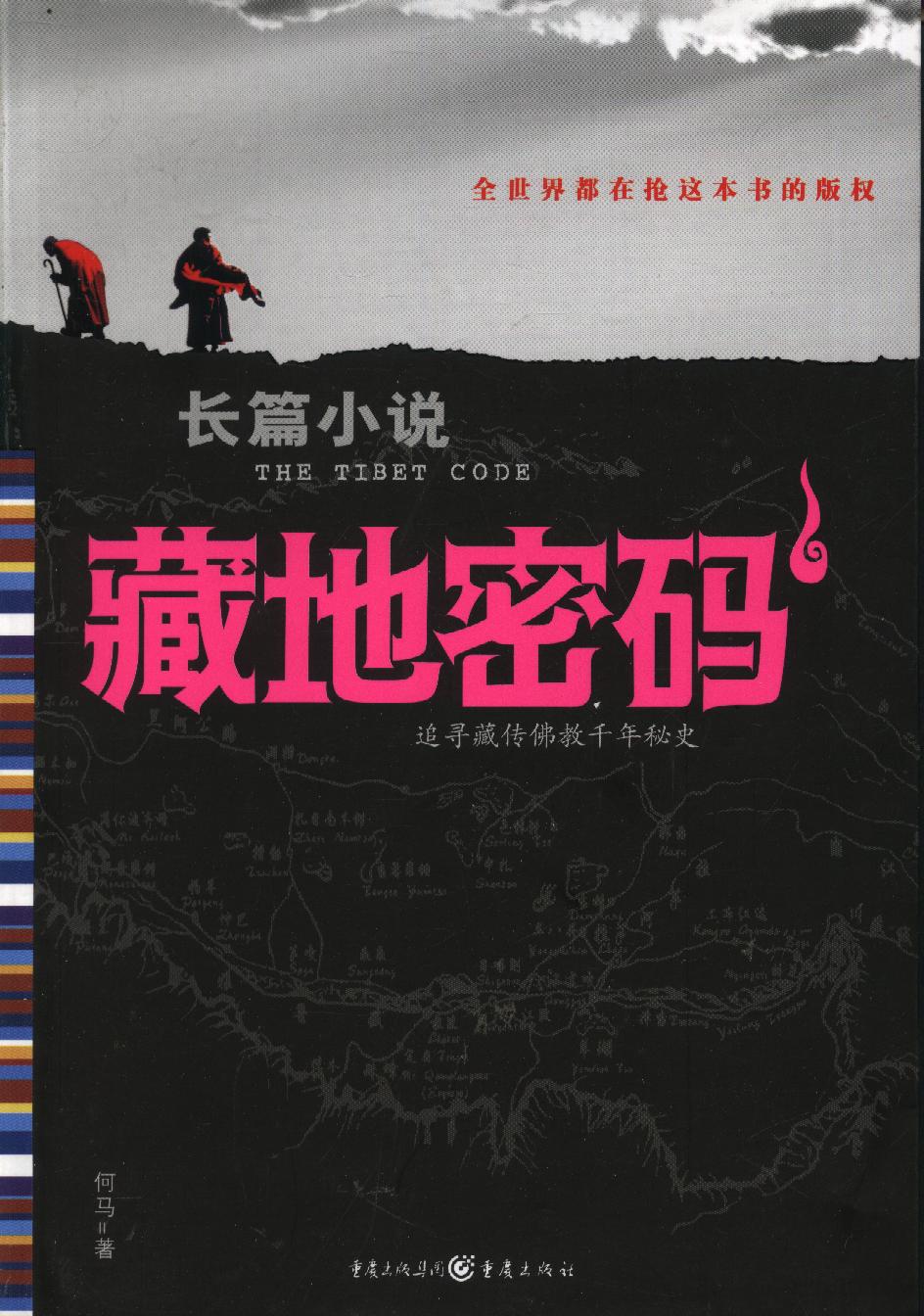Clicking to become an online millionaire
|
|
|
Hot online novel The Tibet Code |
Online literature will become increasingly important to the development and impact of Chinese literature, according to industry experts.
"It mobilizes grassroots writers on the largest scale and absorbs all kinds of genres, making a renascence of literature in a fast-pacing society," says Hou Xiaoqiang, CEO of Shanda Literature Ltd, during the Beijing International Book Fair (BIBF) early this month.
And the statistics support the executive's optimism.
The company's three literature websites, Qidian, Hongxiutianxiang and Jinjiang, have about 700,000 registered writers and one of these sites, www.qidian.com, receives 300 million page visits per day.
At the book fair, online literature attracted a lot of attention, thanks to its growing prospects of making profits either online, in print or on the big screen.
For example, famous Hong Kong director Johnny To has bought the films right to Ghost Blows Out the Light (Gui Chui Deng), the most popular novel on Qidian with a sales record of 2 million copies in print.
Hou says a computer game based on the thriller is now under development.
He estimates the novel has generated more than 10 million yuan (US$1.46 million) for the company so far.
"But compared to literary works abroad, Chinese literature is still weak in its market value. Online literature can be a pioneer of a perfect combination of culture and business," Hou adds.
Qidian, which mainly includes fantasy novels, launched a contest during the book fair for online literature works and also initiated a 1-million-yuan fund to recruit and train 10 online writers.
The new initiatives are expected to encourage more online writers, especially young people, to chase their dreams of being recognized writers, and, maybe, millionaires.
In 2008, the historical novel The Tibet Code (Zangdi Mima) made He Ma the eighth richest author in Chinese mainland, earning an estimated 4 million yuan by selling the copyright to websites and publishing houses.
According to Luo Li from the copyright office in Qidian, there are about 180,000 contracted authors at the website and Qidian owns their digital publishing rights.
Normally, half the novel is free but the rest of the story costs 2-3 cents for every 1,000 Chinese characters. Authors receive between 30 to 50 percent of the total income.
The money seems to be insignificant, but in Qidian, there are 10 authors with an annual income of more than 1 million yuan per year.
"Some authors can make a comfortable living on the clicks of their works," Luo says.
Qidian has set up a film department to choose suitable novels for film or TV adaptation. About 100 novels have been selected to put into production.
Publishing houses also see a promising future from online literature. Yang Wenxuan, editor-in-chief of Chinese-World Books Inc, surfs the net daily in search of quality novels.
His company has released works from well-recognized novelists, such as Eileen Chang and Liang Shih-chiu.
In recent years, it has expanded the business to popular online novels, which Yang says takes up 40 percent of all its publications.
"Websites are the major channel for online writers, but I still think it is the most fulfilling moment when they see their works in print," Yang says. "We choose novels that suit the reading trend and have attracted the most clicks."
Jiang Nan, the "first Chinese online fantasy novelist", is now more ambitious about turning his work into online games.
"It is a natural process for online novels to become commercialized," Jiang says.
"We online writers provide good texts for films, online games, animations and even dramas. Our writing is now part of a long chain of cultural products, which gives us great incentive."
 0 Comments
0 Comments








Comments